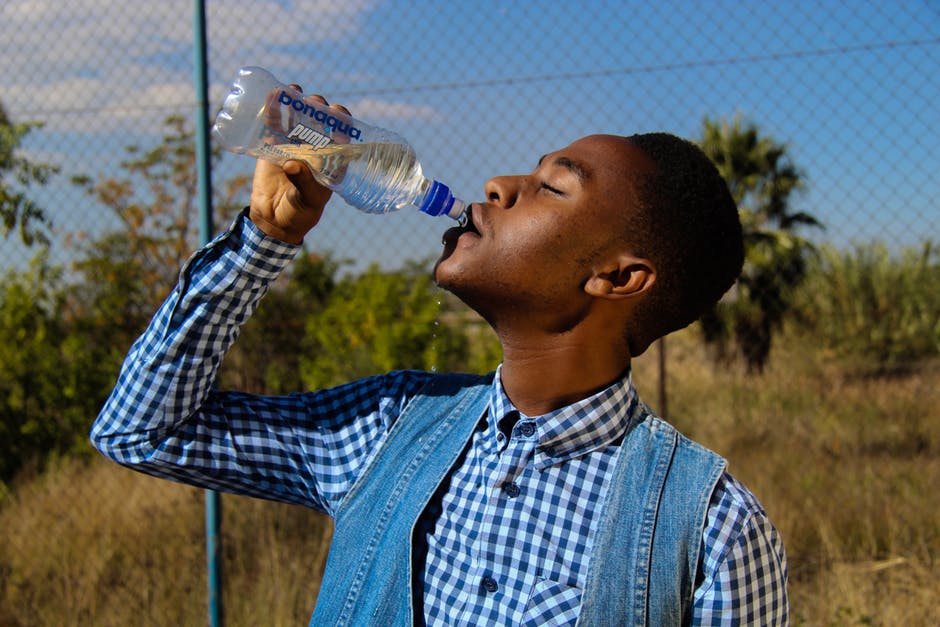
Food & Drink Editor Emily Calder discusses whether Generation-Z could be the generation of teetotalism
As we enter 2019, many of us bring alongside aspirations of what the new year may bring. Resolutions often include progress in academia or a workplace, health and fitness, perhaps cutting down on consumption that may harm our planet, and most famously alcohol. Increasing numbers of people, especially within the current student population, undertake the challenge of Dry January every year. Alongside this, studies show that more and more members of Generation-Z are going completely teetotal, or at least cutting down heavily on their drinking. Research shows that today’s percentage of young people who are entirely tee-total has risen substantially from previous generations. Generation-Z also seems to be drinking less in general, or at least more sensibly, with a forty-year-old more likely to be caught driving over the alcohol limit than an eighteen-year-old in the UK today. This may seem ironic, seeing as university culture can be so alcohol-orientated, so why are today’s young people drinking less than our parents? What has caused this cultural shift within our generation?
“Generation-Z also seems to be drinking less in general, or at least more sensibly, with a forty-year-old more likely to be caught driving over the alcohol limit than an eighteen-year-old in the UK today
Firstly, and perhaps most obviously, alcohol is expensive. When dealing with fewer jobs, the harsh reality of ‘real wages’, and generally living on a student budget, we are far more likely to prioritise buying food for the week, or a train ticket to visit a friend across the country, than Jaeger-bombs and pints. We have also grown up in a time of economic and political turbulence, making us generally more aware of our spending habits and less likely to splash out on booze.
Additionally, Generation-Z seems particularly concerned with health and wellness. A large majority of young people try to exercise regularly, and increasing numbers of people are cutting down on animal products for the benefit of both their bodies and the planet. We have also had the risks of alcoholism drilled into us from a young age – we are aware that it makes us vulnerable to cancer, heart issues, and mental health problems. One student currently undertaking Dry January for the second time said ‘I was having a really difficult term mentally, and was finding that I was using alcohol as an emotional crutch. In reality, going out so often was just making everything worse,’ which is unsurprising considering the close links between depression and alcoholism.
Furthermore, perhaps we just do not have the time. Whilst the first year of university is often closely associated with alcohol and partying, further down the line students often become a lot busier with increasingly important assignments and societies. Students are at university for a reason: To get a degree. Our generation, unlike many previous generations, is getting itself into heavy debt in order to obtain an education. We are therefore less likely to throw our time away, and dedicate the time that we could spend drinking to academic work, or full-time jobs when we graduate.
All in all, there has never been a better time to cut down on your alcohol consumption – which is perhaps why so many of us are doing it. Long gone are the days when not drinking would cause others to presume you were taking antibiotics or driving, there is increasingly less pressure within our generation to drink. Universities such as St Andrews are now even offering alcohol free accommodation, and most young people hardly bat an eyelid if someone is heading to a club sober. This January may be an excellent opportunity to reflect on why we drink, how it impacts us, and how we may benefit from changing our relationships with alcohol as we head into a new year.

Comments